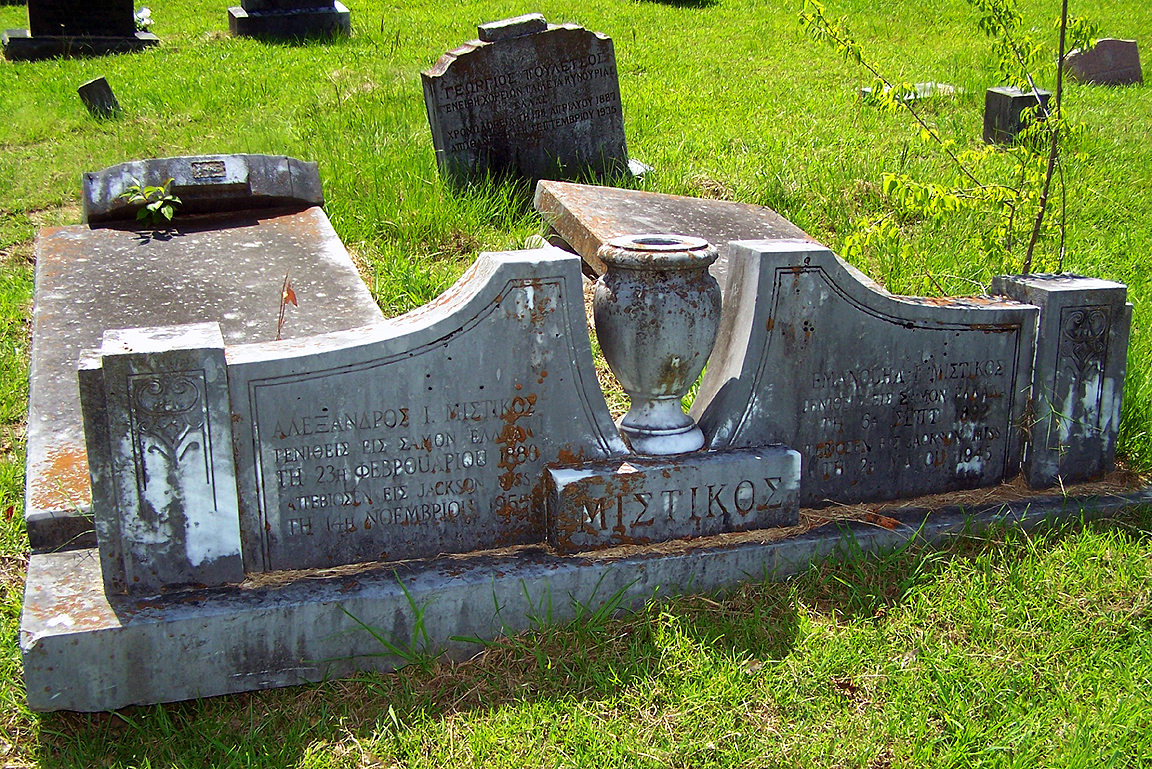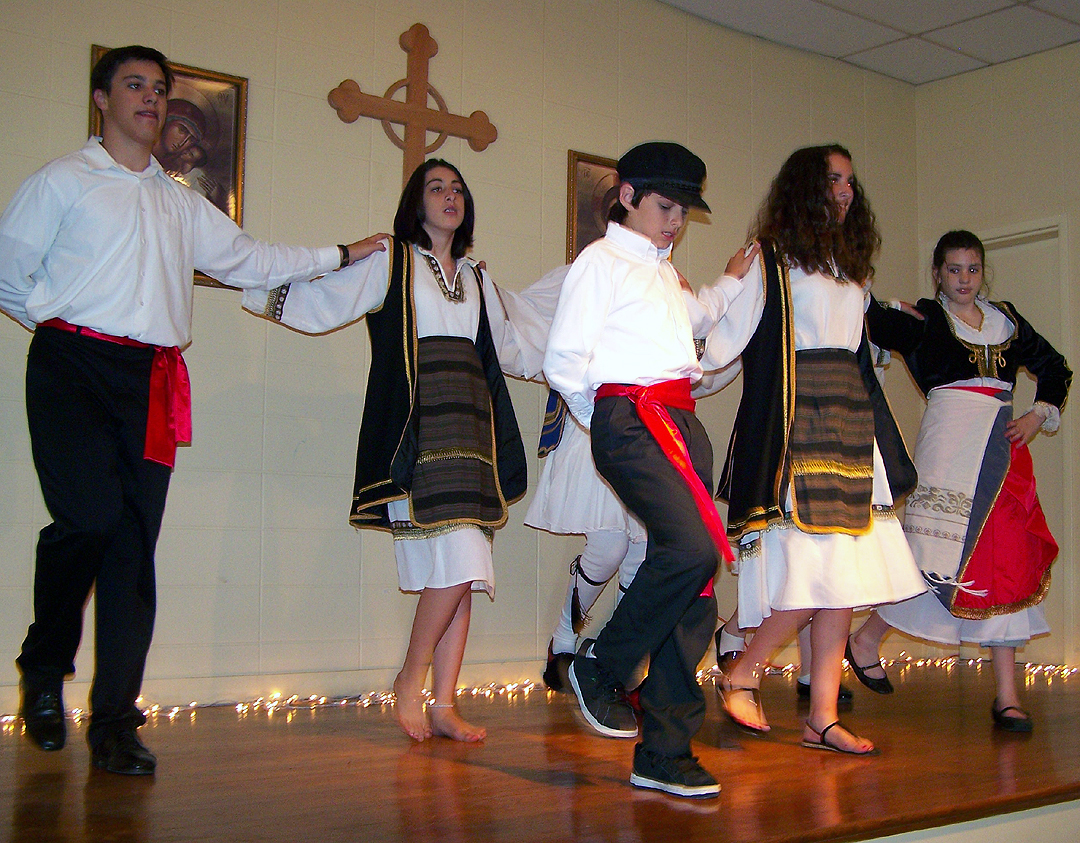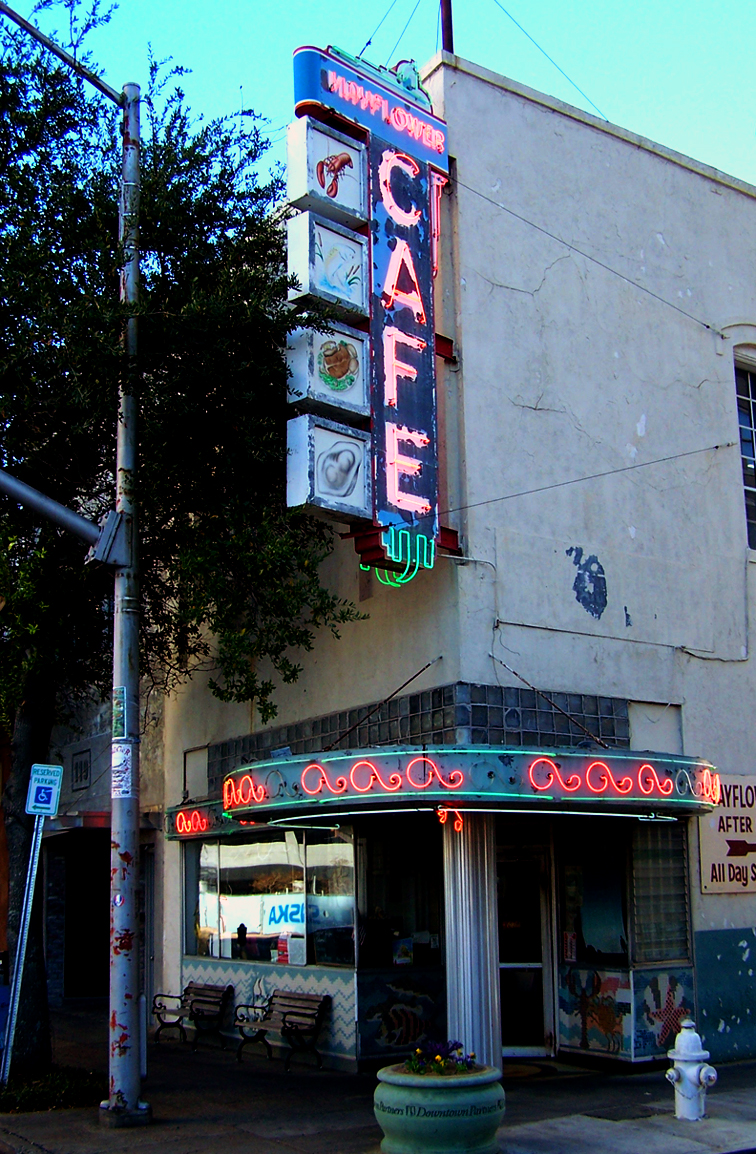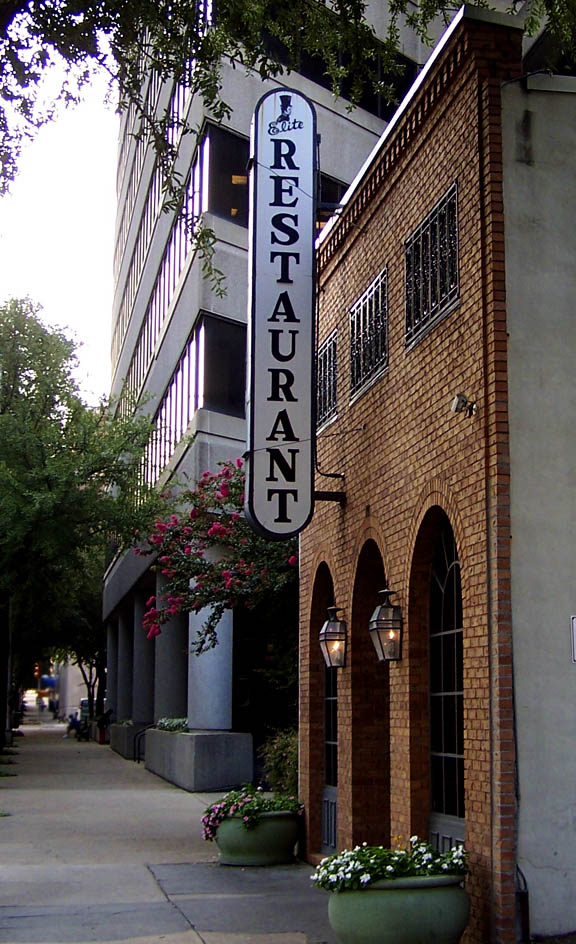Food for Your Soul
Images of Greenwood
Baked Cookie Dough
Cream 1 cup brown sugar and 1 cup white sugar with 1 cup softened butter. Add two beaten eggs and a teaspoon vanilla extract; mix well. Then work in 3 cups flour that have been sifted with a teaspoon of baking soda. When thoroughly blended, refrigerate for an hour, then roll out on a floured board, cut into rounds, place on a flat, heavy baking sheet, and place in a 350-degree oven for 8 to 10 minutes. Cool thoroughly before serving.
Sauce Florentine
Florentine means “spinach” in cook-talk, and this sauce is wonderful on lots and lots of stuff. I use a Mornay for a base, which is of course TOTAL BLASPHEMY, and mild peppers and/or whatever good onion is at hand, which of course consigns me to the coldest levels of hell beneath the very wings of Satan. The sauce should be creamy and savory rather than pungent, always served hot; a Rockefeller is a variation. Use a hard mild cheese and do NOT add parsley.

Egg Noodles
Long before Americans began buying semolina and pasta machines, we made egg noodles for soups, stews, and sides. You need to know how to make them. It’s important to dry the rolled-out dough before cutting and again before cooking.
Stir a scant teaspoon of salt into two and a half cups of plain flour. Add two beaten eggs, and enough milk—a half cup or so—to make a stiff dough. Knead until smooth; some people work in a pat or two of butter. Let the dough rest for a while in a covered bowl, then roll out on the thin side, and let it dry until the surface is crusty. I usually cut mine into strips about a half an inch wide, but you can make them as thick or thin as you like, or cut it into different shapes; rounds are fun. Let rest and dry until stiff (not brittle). Use plenty of salt in the cooking water. These cook quickly.
Raymond Water Tower
Jackson’s Greek Community: A Profile
Originally published in 2009, this article remains one of the few substantial accounts of our Greek neighbors, who both as individuals and as a community have vastly enriched this city.
With the fascinating exception of Tarpon Springs, Florida, where an old country industry found new life, most Greek immigrants settled in the northeast. But according to Ellen Hontzas, most of the immediate ancestors of Jackson’s families were from the South.

“I was born here, but my daddy Anthony Tattis was from Mobile,” Ellen says. “He was in the Air Force, stationed here, and I was born at the air base (now Hawkins Field). I lived in what was called the ‘GI village’, on Avalon, but most of the other Greeks lived in west and south Jackson. Just about everything we did centered on the church.”
Indeed, the Greek Orthodox Church makes up the heart of the community. Dr. Virginia Cora, a member for over forty years, says, “The church and its calendar provide structure for the changing of seasons; these traditions may be less strictly observed now, but still are important.”
The Rev. Fr. Christopher Harner, presiding priest at Holy Trinity & St. John the Theologian at 1417 West Capitol Street, says, “It’s intriguing to note that this parish, the reason it is double-named is because the members of the original founding group were never able to agree on one common name. Normally, if a parish is double-named, it is because there was a split in the community that was healed and both sides came together. This parish is somewhat unique in that it started with groups of people who were not able to agree on a particular name.”

“I grew up in New York with a father from Greece and an American mother,” says Laura (Stamatakis) Orr. “I got the best of both worlds. They raised me in a large Greek community, but when I was young my family moved to California to an even bigger Greek community. I even had my own big fat Greek wedding in a Greek Orthodox cathedral in Los Angeles.”
“My husband and I decided to move here to Mississippi, where he is from, about 2 years ago, Laura says. “It was a very difficult choice, leaving my parents, my friends and my church, but we now enjoy a special yet different experience, a small community that welcomed us with open arms, one that was built by the first families that arrived in this part of the South.”
“The family includes nuclear and extended family both here and in the old country, as well as church family,” Virginia Cora says. “Any occasion calls for a gathering, especially birth days or name days, Easter and Epiphany.”
Virginia says that she, her friends and family savor life in the moment. “We do love to eat, dance, and celebrate the occasion, any occasion. Feast days usually have favored foods associated with them, certain breads like tsoureki for Easter and Christopomo for Christmas, vasilopita for New Year, and pitas or cookies for other holidays.” Virginia says that meals including appetizers, entrées, and desserts are consumed casually over several hours. The music tends to be traditional folk music with dancing and sing-a-longs like syrtaki, hassapiko and tsimako. Drink includes beers and wines consumed with meals and in moderation, especially retsina (resinated white wine), kokkineli, Metaxa and ouzo.


Kanellos Katsaboulas, proprietor of Kat’s Wine Cellar, says, “My father did own a restaurant, Christos’ Deli, but that was more of a side hobby that he had. His primary business was Katsaboulas Tile and Marble, which was in operation for over 35 years.”
“It’s a real close community. My brother (Tasho) and I both grew up in the Greek church, went to Greek school. My father was Greek, my mother was from Mississippi, and we grew up with both influences. Having my Geek grandmother living with us was wonderful. She barely spoke English, but she cooked for us every night and involved us in the culture. We called her ‘Yama’. She came from the Peloponnese, and she and her husband moved here in the 30s. My father, Carnellas Katsaboulas, was born here, but his two brothers were born in Greece.”
“All these Greek families that I grew up knowing were very close; I called everybody ‘uncle’. That was the biggest difference between me and the other kids I grew up with. My wife is from here, but I don’t see that element in her family; she has her family, and everybody else is friend or acquaintance, but in the Greek community, you grew up not really distinguishing between who is a blood relative and who isn’t. There was really no difference in the level of respect we held for them.”
“The Jackson community is characterized by devotion to family, culture and church,” Virginia says. “The members are concerned about the welfare of their family and the success of their work. Our people are passionate about their politics, participate in elections and work with community leaders.”
“We have a good name,” Ellen says.
Classic Southern Giblet Gravy
You must use a quart of the clearest, richest broth thickened while hot with a thin paste of corn starch and water. To this add the yolks of at least two eggs which have been creamed with a pat of butter. Then add four more chopped hard boiled eggs (yolks and whites), the cooked and chopped livers and gizzards of the turkey as well as the hen you used for your stock (about two cups), but not the meat from the necks, which are superfluous and troublesome. I often add a half cup of chopped, sauteed celery for texture. Salt to taste and season with white pepper. Parsley is pretty, and a smidgen of thyme is a nice accent.











